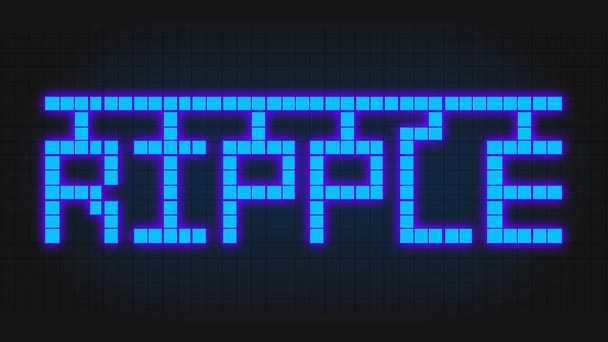“Is XRP a security?” is the million-dollar question in the SEC v. Ripple lawsuit whose answer could have serious implications in the future of the blockchain company.
In past SEC cases against cryptocurrency companies that have raised funds from investors, the agency made that case but the security status never stuck.
As Telegram settled to return $1.2 billion to investors and pay an $18.5 million penalty, the SEC admitted it “sought to preliminarily enjoin Telegram from delivering the Grams it sold, which the SEC alleged were securities that had been offered and sold in violation of the registration requirements of the federal securities laws”.
While the court sided in favor of the SEC, the Judge explained: “the security was neither the Gram Purchase Agreement nor the Gram but the entire scheme that comprised the Gram Purchase Agreements and the accompanying understandings and undertakings made by Telegram, including the expectation and intention that the Initial Purchasers would distribute Grams into a secondary public market.”
Why Not Seek A Preliminary Injunction?
Enter XRP Holders’ attorney John Deaton, who finds it odd that the SEC didn’t seek a preliminary injunction to all XRP sales, the same way it did in the Telegram case.
It is known that Ripple Labs, current and past employees have been able to sell the digital asset throughout the entire lawsuit, while XRP investors have been forced to stay on the sidelines as crypto exchanges delisted the asset to avoid the risk of prosecution.
“If the SEC believes all XRP are securities then why does it allow all of these illegal sales? Why not seek a preliminary injunction to stop all sales like it did in Telegram? The answer is clear: the SEC doesn’t believe in its own case theory. The lawsuit was used as a weapon”, he said.
Conspiracy theories aside, it remains worthy of note that the SEC, which has sought injunctive relief many times, has forgotten (?) to do the same with Ripple.
XRP community-friendly attorney Jeremy Hogan also sided with John Deaton, saying he has the only reasonable conclusion: “In preparing this lawsuit back in late 2020, the SEC DIDN’T BELIEVE THAT XRP WAS STILL A SECURITY (or didn’t believe it could prove it)”.
According to jurisprudence, an action for injunction is to forestall future violations. The language seems to require a finding of “likelihood” or “propensity” to engage in future violations.

Why Cause “All This Madness”?
Up until mid-November 2021, ex-Ripple CTO Jed McCaleb sold more than $2 billion worth of XRP year-to-date. Ripple Labs has also sold the digital asset throughout the year as well, albeit a lower figure: $800 million worth of XRP.
“I’m not suggesting Ripple or McCaleb shouldn’t be allowed to sell XRP or that they’re doing anything wrong. I don’t believe they are. I’m only pointing out how inconsistent and flawed the SEC’s position is. If it believed its own argument, it would’ve sought an injunction”, John Deaton explained.
“If this case was about enforcing securities laws or protecting investors they would’ve approached the case similar to cases of the past. The point is you can believe Ripple should’ve been sued and recognize that this case represents much so more than w/r Ripple sold security.
“The point of this thread is to show those who believe the SEC was justified in bringing a case against Ripple, the need to recognize that it could have done so without causing all of this madness. Recognizing the SEC’s approach and actions as wrong is not rooting for Ripple”
“Although it didn’t allege fraud or misrepresentation, the SEC has made assertions the co-founders of Ripple have enriched themselves at the expense of retail holders. If the SEC truly believed those assertions why did it not issue a cease and desist letter to Jed McCaleb?”

